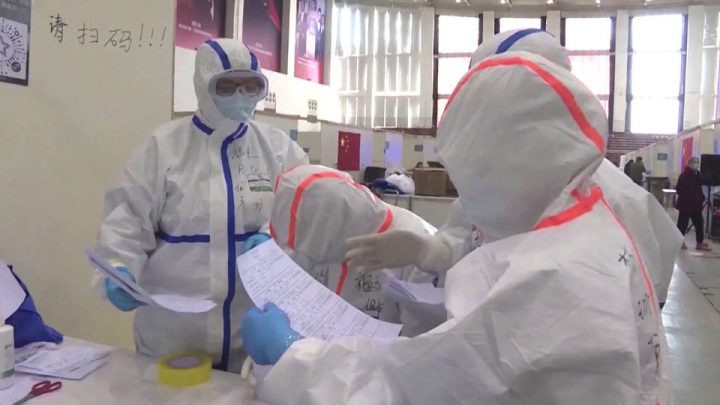Japanese scientists said today that the Delta variant of Covid-19 could mutate and become self-extinguishing, which it is apparently already doing in Japan.
The Japanese nation is currently reporting 140 cases per day, despite being primarily affected by the Delta variant for only three months, which even peaked at 23,000 cases per day in August.
New cases in Japan have declined sharply, the reason being the virus’s inability to reproduce after accumulating too many mutations. In fact, the wave of infections came to an abrupt halt and has almost completely subsided, with at least 16 new cases recorded in Tokyo last Friday.
According to The Japan Times, a group of researchers led by the National Institute of Genetics detected genetic changes in the Delta virus that point to an act of “self-extinction”. This is a result of too many mutations in the virus’s non-structural error-correcting protein, called nsp14, which proved difficult to repair errors in time and led to its “self-destruction”.
“The Delta variant in Japan was highly transmissible and kept out other variants, but as mutations accumulated, we believe it eventually became a defective virus and could not make copies of itself,” Professor Ituro Inoue emphasised. “Considering that cases have not increased, we believe that at some point during such mutations it headed straight for natural extinction,” the researcher emphasised, noting that “we were surprised to see the findings”.
Dr Simon Clarke, head of the Division of Biomedical Sciences and Biomedical Engineering at the University of Reading, said: “It is possible that the strain will stop evolving, but only when it stops replicating, which these Japanese scientists believe has happened (…) the chains of transmission need to be broken and some mutations will make the virus unviable, they will become evolutionary dead ends. However, that will only happen in a very small subset of cases”.
“There will still be plenty of coronaviruses around that are capable of infecting people and we will do that until we have sufficient immunity or can break the chains of transmission,” he added.






